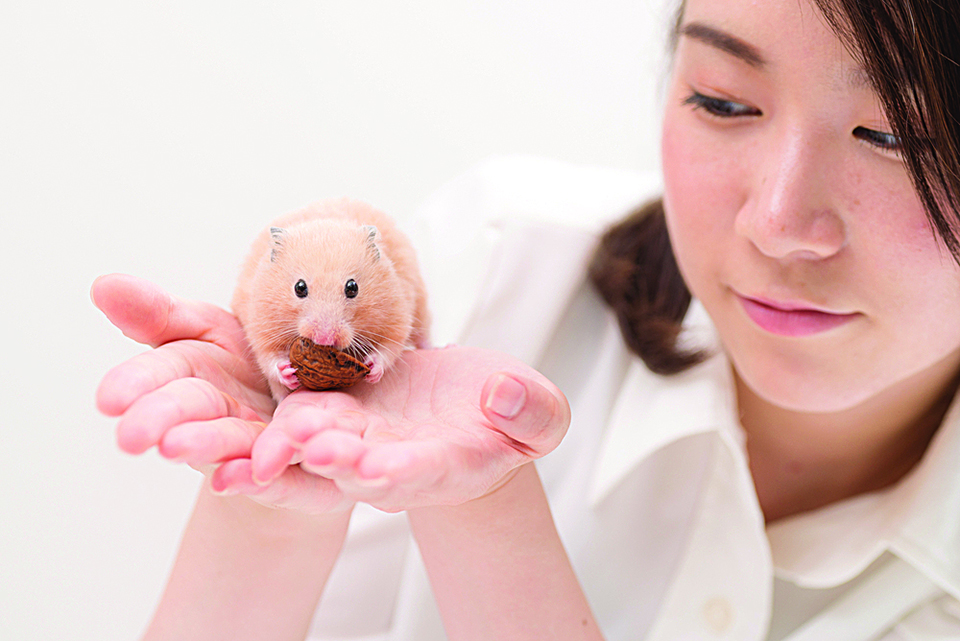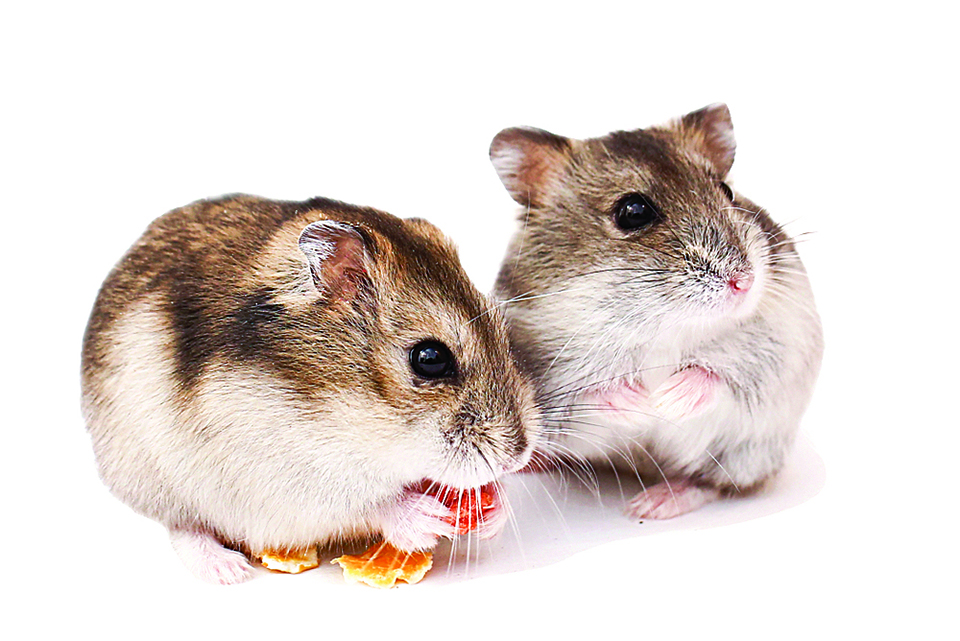DUE TO POSSIBLE ANIMAL-TO-HUMAN TRANSMISSION OF COVID-19
By MARTINA JAUIN MENDOZA
Authorities in Hong Kong ordered the gathering of 2,000 Hamsters in local pet stores due to the first possible animal-to-human transmission of the COVID-19 virus. The order was issued when an employee of Little Boss, a pet shop in Causeway Bay in Hong Kong, tested positive. This was the first Delta case recorded in more than three months.
Professor Yuen Kwok-yung told the South China Morning Post that the mutations found in the employee’s viral sample could not be determined, making experts concerned. They advised the public to be “extra cautious.”
Officials believed that it was the first case of Hamsters contracting the COVID-19 virus outside the laboratory.
“DON’T KISS THEM”
Dr. Leung urged the public to observe
strict hygiene when handling their animal companions and advised them not to kiss the animals or abandon them in the streets.

The order applies to two batches of imported Hamsters bought from the Netherlands in Dec. 22, 2021 and Jan. 7, 2022. They were kept in a warehouse in Tai Po before being distributed to 15 pet stores.
Dr. Leung Siu-fai, director of Agriculture, Fisheries and Conservation Department (AFCD), said that they “assessed the risk [of these Hamsters] are relatively high and therefore made the decision based on public health needs.” For public health safety reasons, officials ordered all pet shops in Hong Kong to suspend operations. They also ordered the 150 customers who visited the Little Boss pet shop to undergo isolation.
Dr. Leung urged the public to observe strict hygiene when handling their animal companions and advised them not to kiss the animals or abandon them in the streets. The director added that the government wants to screen imported small animals to be shipped to the city.

OUTRAGE AMONG ANIMAL WELFARE GROUPS
Health officials said that the collected Hamsters will first be tested beforebeing “humanely handled.”
Prof. Yuen called the decision “decisive and wise” because Hamsters are susceptible to viruses and are often used as experiments. He said that symptoms would show later in Hamsters after the infection and this could pose health risks to the public if they are not collected as soon as possible.
Animal welfare groups are outraged by the government’s decision. The Society for the Prevention of Cruelty to Animals urged the AFCD to think twice.
An online petition to stop the order garnered more than 6, 800 signatures on 10 p.m. on Tuesday, Jan. 18.






